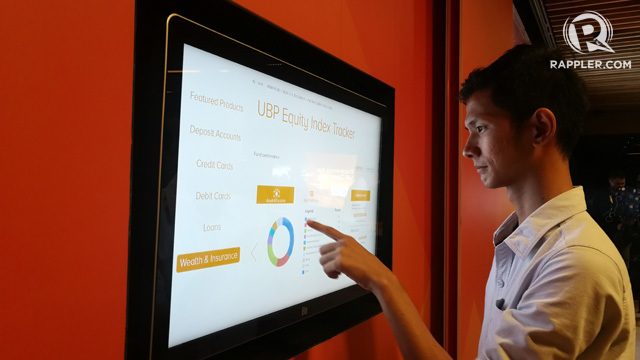SUMMARY
This is AI generated summarization, which may have errors. For context, always refer to the full article.

MANILA, Philippines – Union Bank of the Philippines (UnionBank) reported a net income of P14 billion in 2019, 104% more than what it earned in 2018.
In a disclosure to the Philippine Stock Exchange on Monday, January 27, the Aboitiz-led bank reported a 44% increase in its revenues on the back of more loans, substantial margin growth, and strong trading gains in 2019.
“Our performance was supported by solid fundamentals given a healthy loan portfolio and steady margin recovery. Trading gains also boosted the bank’s bottom line. Moreover, CitySavings delivered their targets for the year given successes in the salary loans and motorcycle business,” said Jose Emmanuel Hilado, UnionBank treasurer and chief finance officer.
Customer loans increased by 21% to P393.4 billion due to solid business expansion in small and medium enterprises (up 40%), credit cards (up 35%), consumer loans (up 31%), and commercial lending (up 16%).
As of December 2019, UnionBank’s total assets grew by 15% to P770.9 billion. (READ: Inside ‘The Ark,’ we’re riding into the future of banking)
“I am glad of the strong growth we achieved and the superior returns we delivered amid integration of new subsidiaries and continued investments in digital transformation. Our digital strategy was key as we scaled up our businesses while maintaining lean operations,” said UnionBank president Edwin Bautista. – Rappler.com
Add a comment
How does this make you feel?
There are no comments yet. Add your comment to start the conversation.